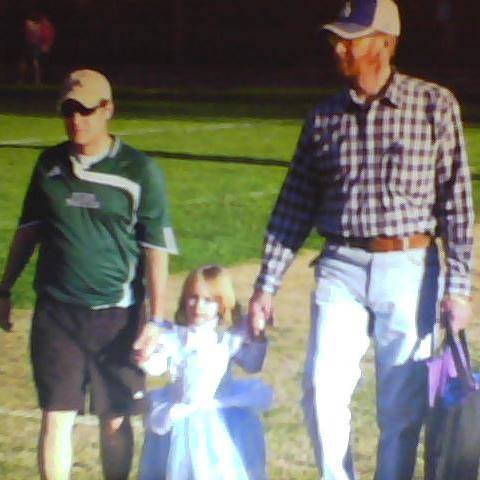RLL 38: Lessons from the World Cup (Group Stage)
Greetings, leaders, and I hope you're all enjoying the World Cup as much as I am! Every four years, the world slows down for a month to watch the biggest sporting event on earth. This year, 32 countries took part in the Group Stage of the tournament, from which 16 qualified for the knockout rounds. So far, the World Cup has been an eye-opening tournament, with shock results, good play, and the introduction of Video Assistant Referee (VAR) technology. Here are three quick lessons I've learned so far from watching the group stage of the World Cup.
1. "Hard work beats talent when talent doesn't work hard." This is a cliche in the sports world, but like many cliches there is a large element of truth contained here. Many people considered Germany, the defending World Cup champions, to be one of the top teams most likely to win the tournament again this year. On paper, they have some of the most talented players in the world. And yet, their showing was disappointing: 3 games played, 1 win, 2 losses. Only 2 goal scored in 3 games. The players came into the tournament overconfident, and their played reflected that. As a result, they didn't even make it past the first round, completing their worst World Cup performance in 80 years. No matter how much talent you have, if you don't work hard you're likely to lose, especially when you compete with the world's best. True in sports, and true in life: hard work is the key.
2. "A 'sure thing' is rarely a sure thing." When it comes to international soccer, there are many examples of teams that we 'expect' to win certain games. However, this World Cup has shown us that, regardless of how confident we may be in certain teams and players, these 'sure things' don't always come off. Players like Messi, one of the greatest soccer players ever, sometimes don't perform at the level we've come to expect. Teams like France, despite having tremendous talent, are hit-or-miss (to be fair, France has improved since their first two games). The same is true in our leadership roles: some things we think we can rely on simply don't come off, for a variety of reasons. This is when we have to adjust, reevaluate, and regroup, before moving forward as best we can.
3. "Expect surprises." One thing that is always true is that there will be surprises at a World Cup. A player, a team, a referee's decision--something will unexpectedly happen that changes the course of a game and maybe even the whole tournament. In this World Cup, we've seen amazing performances by a teenage phenom (Mbappe, for France) and a superstar (Ronaldo, from Portugal) as well as by players less well-known (Hannes Halldorsson, the goalkeeper for Iceland, who is also a filmmaker). The thing to remember is that, no matter where we find ourselves, it will rarely go as we expect. As leaders, we must be flexible and willing to adapt to changes and unexpected situations.
I hope you've enjoyed the World Cup so far, and I look forward to sharing more lessons with you next week! In the meantime, if you haven't yet gotten your copy of my book Inverted Leadership: Lead Others Better By Forgetting About Yourself, be sure to go pick one up on Amazon, here: https://www.amazon.com/Inverted-Leadership-Others-Forgetting-Yourself/dp/1983110167/ref=tmm_pap_swatch_0?_encoding=UTF8&qid=1528802141&sr=8-1
Have a great week, and may God continue to bless you as you grow in leadership and humility!





